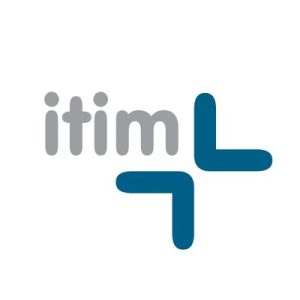As the UK’s second largest supermarket chain, Sainsbury’s receives over five million supplier invoices a year. Thanks to itim’s invoice matching software, the accounts payable department is able to run a very efficient operation, processing 90 percent of invoices without manual intervention and ensuring that 98 percent of supplier invoices are paid to terms.
Challenge
With hundreds of thousands of SKUs coming from a network of over 4,000 suppliers, Sainsbury’s receives over five million supplier invoices a year for the food and non-food products that it sells in its stores. The accounts payable team is responsible for matching these invoices against receipts to ensure they are only paying for stock that has actually been received and
at the contracted price. “You certainly don’t want to be manually handling those volumes over a year!” says Anthony Robinson, Group P2P Manager at Sainsbury’s.
itim Group plc (LON:ITIM) is a SaaS-based technology company that enables store-based retailers to optimise their businesses to improve financial performance and effectively compete with online competitors.


